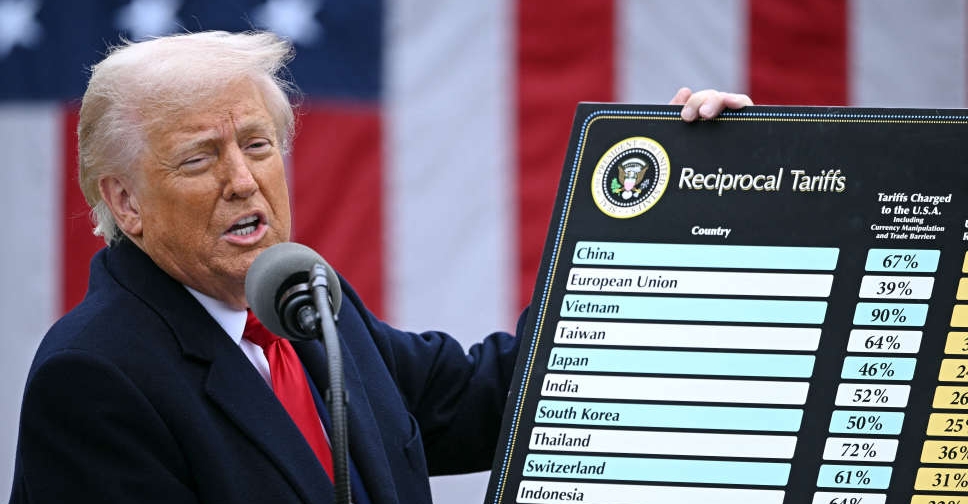
Goodbye global financial rock star, hello quiet trusty technocrat. In promoting Deputy Governor Urjit Patel to lead India’s central bank, Prime Minister Narendra Modi sought someone who would cement credibility with international investors without upsetting his political base. Raghuram Rajan, who steps down on Sept. 4, managed to do both. For the past three years, Patel has helped Rajan spearhead the biggest reforms to India’s central bank in its 81-year history, including implementing an inflation target and cleaning up debt-saddled banks. Yet though they worked hand-in-hand, Patel’s style is much different: the 52-year-old rarely speaks in public and gives few media interviews. “The differentiating factor is of course the personality of Rajan versus that of Patel," said Anjali Verma, an economist at PhillipCapital Ltd. in Mumbai. “Rajan was an extrovert and outgoing and he was very categorical in his opinion. That may not be the case with Patel, but I think with more experience and exposure he’ll also become more active." While Rajan raised India’s profile by speaking out regularly against unconventional monetary policy in the U.S. and elsewhere, it was his forays on the nation’s social ills that made him a political threat to Modi. Rajan lambasted "venal politicians" in speeches and called for religious tolerance at a time when Modi faced criticism for his silence after a Muslim man was murdered for allegedly eating beef. ‘Abominable’ Attack When a prominent Modi ally started a high-profile campaign to oust Rajan in May, key government ministers stayed quiet. Rajan, upset at what he called "abominable" personal attacks, got the message and stepped down. Patel, who hails from Modi’s home state of Gujarat, holds little of the political baggage of Rajan, who was appointed by the previous Congress-led government in 2013. Though both central bank officials largely agree on economic issues, Patel is seen as more aligned with Modi’s Bharatiya Janata Party. “Unlike Rajan - as a fellow Gujarati - Patel has a long history with Modi, having served on the board of a major state-owned enterprise in the state," said Milan Vaishnav, senior associate for South Asia at the Carnegie Endowment for International Peace. “And he is known to keep a low profile, something that this particular government values." ‘Comforting’ Appointment Patel didn’t immediately respond to an e-mailed request for comment. The RBI also had no immediate statement on his appointment. For markets, Patel comes as a relief. While interest-rate swaps in recent months indicated that investors were betting on a more dovish governor, the continuity that the hawkish Patel brings signals that Modi will maintain a focus on macroeconomic stability that has helped make India the world’s fastest-growing major economy. “Patel’s appointment will be comforting," Sampath Reddy, chief investment officer at Bajaj Allianz Life Insurance Co., which has $6.5 billion in assets, said in an interview from Pune. “An outsider would have taken more time to settle down. With Patel the transition will be seamless." Patel will be able to help Rajan with two unfinished tasks: Implementing a monetary policy committee and cleaning up 8 trillion rupees ($119 billion) of stressed assets at banks. The new rate-setting panel, set to be formed in the coming months, is legally mandated to keep consumer-price inflation at the target of 4 percent, plus or minus two percentage points. Consumer Prices To that end, there’s not much room for further cuts. Consumer prices in July breached the upper bound of the RBI’s target range, rising the most in 23 months. Moreover, the MPC will inherently be less immune to political pressure - one of the key reasons Rajan had pushed for it. That’s a big shift in India, where central bank governors in the financial capital of Mumbai have routinely faced calls to lower rates from politicians in New Delhi. On the bank clean-up, it’s unclear if Patel will be as rigid as Rajan, who resisted demands to lighten up on the need for lenders to provision for bad loans. “Though markets may view him as inflation focused, it’s positive for banks," Chakri Lokapriya, Mumbai-based chief investment officer at TCG Advisory Services Pvt., said by phone. Patel, who currently helms the RBI’s monetary policy department, is also likely to continue warning the government of the dangers of excessive spending. A fiscal conservative, Patel in 2006 argued that large budget deficits have depressed India’s savings and investment. Patel got a three-year term as governor, the same as Rajan. The holder of a doctorate degree in economics from Yale University, Patel joined the central bank in 2013 from Boston Consulting Group. He has also advised Indian governments, worked with the International Monetary Fund and was in charge of business development at Reliance Industries Ltd. - controlled by India’s richest man, Mukesh Ambani. Rajan plans to return to academia when his term ends in a few weeks. Despite the political games that led to his exit, the former chief economist at the International Monetary Fund leaves with a trusted aid to carry on his legacy - albeit with a style that is more palatable to Modi and his allies. “He is not known to speak his mind," Kunal Kundu, a Bengaluru-based economist at Societe Generale SA, said of Patel. “His ability to handle the pressure will be the key. Even if he wants to, he may not be able to remain as independent." Bloomberg



 Wall Street futures sink as tariffs fuel recession fears
Wall Street futures sink as tariffs fuel recession fears
 Trump to impose 10% tariff on UAE, Saudi Arabia imports
Trump to impose 10% tariff on UAE, Saudi Arabia imports
 UAE tops global entrepreneurship rankings for 4th straight year
UAE tops global entrepreneurship rankings for 4th straight year
 Emirates launches express delivery service
Emirates launches express delivery service




